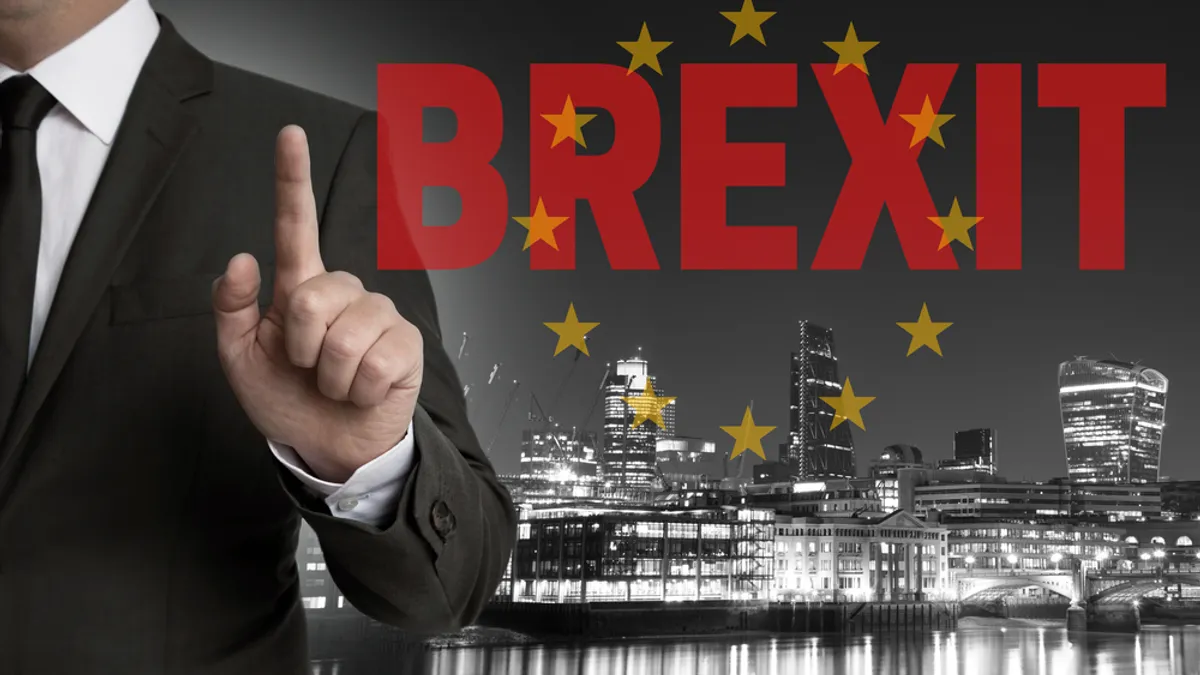What happens when your best international trade negotiators are already working for someone else? This is the current situation that the United Kingdom faces in the weeks following the June 2016 Brexit decision to leave the European Union. Under the direction of David Davis, the brand new Department for Exiting the European Union (DEEU) is actively recruiting workforce experts who can help affected organizations make the smooth transition from EU contract work to UK employees.
Help wanted – international workforce experts form Brexit task force
So far, according to Michael Knowles, who writes for the London Daily Express, two senior partners from Linklaters and McKinsey have been hired to found the team of experts. The challenge is bringing the right experts on board to help negotiate not only returning contractors from other EU regions, but also to facilitate talks with EU nations to return their UK-based contractors. Many have insisted that these changes do not need to take place until the beginning of 2017, but it’s prudent to evaluate what the impact will be on the economies of both the UK and the remaining EU nations.
There has been no real impact felt yet by US companies, although those with UK ties or employees working in Europe are encouraged to keep monitoring progress.
The demand is up for those in risk and negotiation management
Fortune magazine reports that Brexit has created big demand for high-level experts in international recruitment and trade negotiations. Reuters told Fortune that, “Executives who have expertise in the areas of risk and compliance are in particular demand”. So too, are those who have experience mapping out and guiding entities through tough mergers and acquisitions on a large scale.
Some companies have already put out advertisements seeking their own workforce negotiators and consultants to create plans that will help them navigate the waters of the coming Brexit, offering as much as 1,000 to 2,000 GBP per day ($1,300 to $2,700 USD). Fortunately, the British Pound and Sterling are both holding strong, although Brexit has slowed down the normally booming retail market. People are being cautiously optimistic at this time.
Alternatives for Brexit recruitment during the transition
The overriding prediction by most experts is that the UK will be forced to look within and develop strong training and development programs to prepare it’s large unskilled labor and immigrant base for professional careers to replace lost contractors to other EU areas. Universities can do their part to prepare soon-to-be graduates to work in the highest demand fields, particularly in STEM career paths.
In the meantime, companies would also be wise to consider growing their remote workforce to include contractors from outside of the EU, such as those in the USA, Canada, Asia and Australia, to bolster their teams during the transition. There are larger numbers of independent contractors just ripe for career opportunities thanks to the growing gig economy that prevails in the open market – free from EU influence.
More talk of leaving the EU
Brussels is also considering their own move to leave the EU, under growing pressure from pending Swiss trade deals, which threatens the financial markets. The ideal situation following Brexit would be for all nations to control the number of citizens and slowly migrate any contractors over a period of time.
All of these factors combined signal that the UK will be challenged to have enough skilled labor in the coming year, and recruitment agencies are scrambling to determine the best course of action to stay ahead of things.












